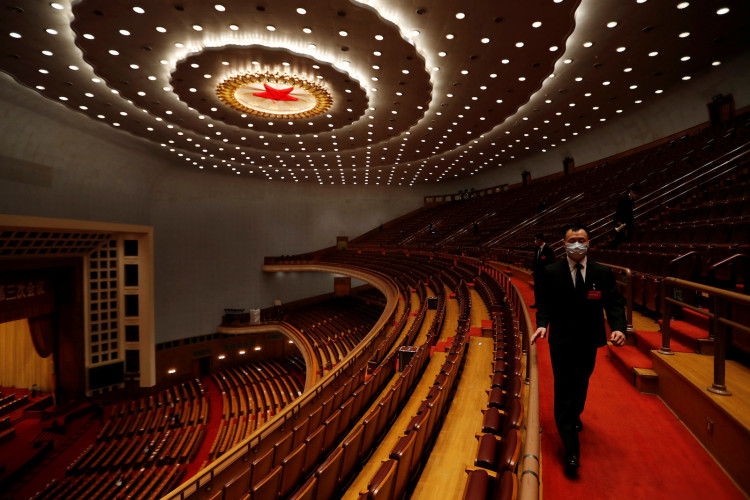China's highest legislative body voted unanimously Tuesday to proceed with sweeping changes to Hong Kong's electoral system. The changes will see mainland-backed officials fill many previously democratically elected positions in the city's Legislative Council.
A vetting process to preapprove potential candidates for chief executive and stringent standards for all legislative seat holders are among the reforms approved by the Standing Committee of the National People's Congress in Beijing.
The changes "guarantee we elect people who genuinely defend the 'one country, two systems' principle and are capable of serving society and citizens instead of stirring up trouble," Hong Kong's representative at the standing committee Tam Yiu-chung said.
Three weeks ago the People's Congress approved a proposal to redesign electoral rules. The changes consolidate power in the hands of "patriots."
Hong Kong's top legislative body, the Legislative Council, is an amalgamation of geographical constituencies, functional constituencies representing different professional sectors and an election committee that selects city leaders.
The reforms will give the election committee 40 council seats, the largest of any group, while business-based constituencies will receive 30 places and seats allocated on a geographic basis will have 20.
The election committee will oversee the allocation of seats in the council and candidates must now pass several tests to be considered.
Aspiring seat holders must be nominated by members from all five sectors of the election committee which represents the city's professional interests, social groups, lawmakers and People's Congress members. Experts say this is a tall order that will weed out all members of the opposition camp.
Potential council, chief executive and election committee candidates will be vetted by a unit of the Hong Kong police which concentrates on national security, a person with knowledge of the matter told the South China Morning Post.
To be nominated as a candidate for chief executive, contenders must receive backing from 188 members of the 1,500-strong election committee.
Members of the public, once able to directly elect their representatives in geographical and business-based constituencies, have a reduced role under the new rules.
From now, corporate groups only will be able to vote in the professional constituencies. While citizens still have a say in who is elected to represent their neighborhoods, this group lost 15 seats as part of the changes.
All 117 seats in the election committee once given to district councilors - who are directly elected by the public - have been removed.





